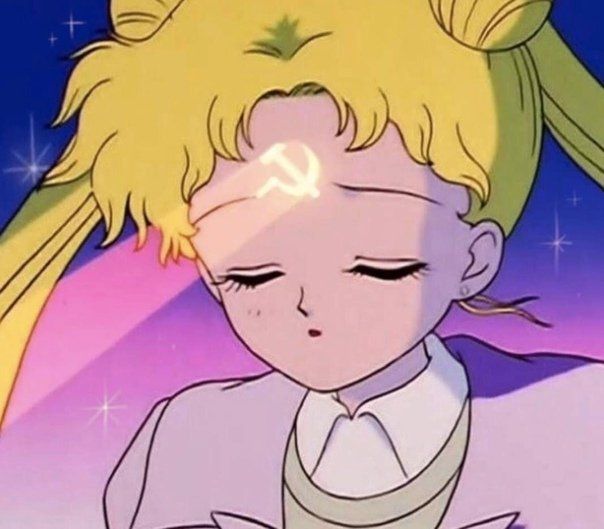Currently the CPC is anticipating to move into a higher stage of socialism, or becoming a fully socialist country, by 2050. This will obviously change much of China, but how will it effect their foreign policy? China has famously had many bad takes in terms of foreign policy, but their post-Mao non-interventionism is important practically in retaining peaceful and favorable relations with global capital. They know that, even now, funding revolutionaries will only isolate them internationally.
But once China's productive forces are high enough to allow the socialist transition then they no longer have to remain non-interventionalist for practical reasons. They could still try and justify it, but at that stage it would be hard for China to reject the internationalist principles of Marxism. The USSR could afford, to an extent, to wield hard power in support of revolutions and their governments, and of course without the USSR it could be argued that most socialist states would have collapsed soon after gaining state power. The soviets could do this due to their high level of industrialization, military, and global economic power.
When China is able to realize the same stage of socialism as the USSR they will undoubtedly be the largest and strongest economy in the world. While the west will still have some influence and power with which to threaten and hurt China over supporting international socialism, they ultimately won't be in the position of power to isolate China then as they did with the USSR. So there could be even less consequences for Chinese interventionism at this stage. Do you believe, then, that China would adopt foreign policy similar to the Soviet Union? And could even create an international version of the Warsaw Pact, that is an economic and military alliance between socialist states?
From my ignorant non-Chinese POV, there appear to be neither a practical or ideological reason for a fully socialist China not to be internationalist.


You have no idea what "Dictatorship of the Proletariat" even means, do you?
"During the dictatorship of the Prole phase, the administrative organizational structure of the party is to be largely determined by the need for it to govern firmly and wield state power to prevent counterrevolution and to facilitate the transition to a lasting communist society."
Seems like an accurate depiction of the state of China to me.
But go ahead an ignore my valid questions and continue to throw shade at me comrade.
Not sure where your source comes from, as you havent cited anything, but it doesn't even give a definition for the term.
It is just a vague statement about a proletarian government needing to be organised in a way that allows it to govern well and actually do stuff to prevent a bourgeois counter revolution.
Yes, that describes China's actions, as they are very effective at governing, and purging bourgeois influence when it becomes a threat. but that alone isn't anything concerning. Hell, I'd be concerned if they weren't doing what is described above, as that would mean that they're a sham and have betrayed the proletariat.
Anyways, back onto definitions, according to Frederick Engles in his work 'on authority', the dictatorship of the proletariat is a society in which the proletariat is the class that holds state power, unlike the dictatorship of capital that we see today in western countries, in which it is the bourgeois capitalists that are in possession of said state power.
I will continue to throw shade until your questions become valid, and your evidence isnt cherry picked from your arse.